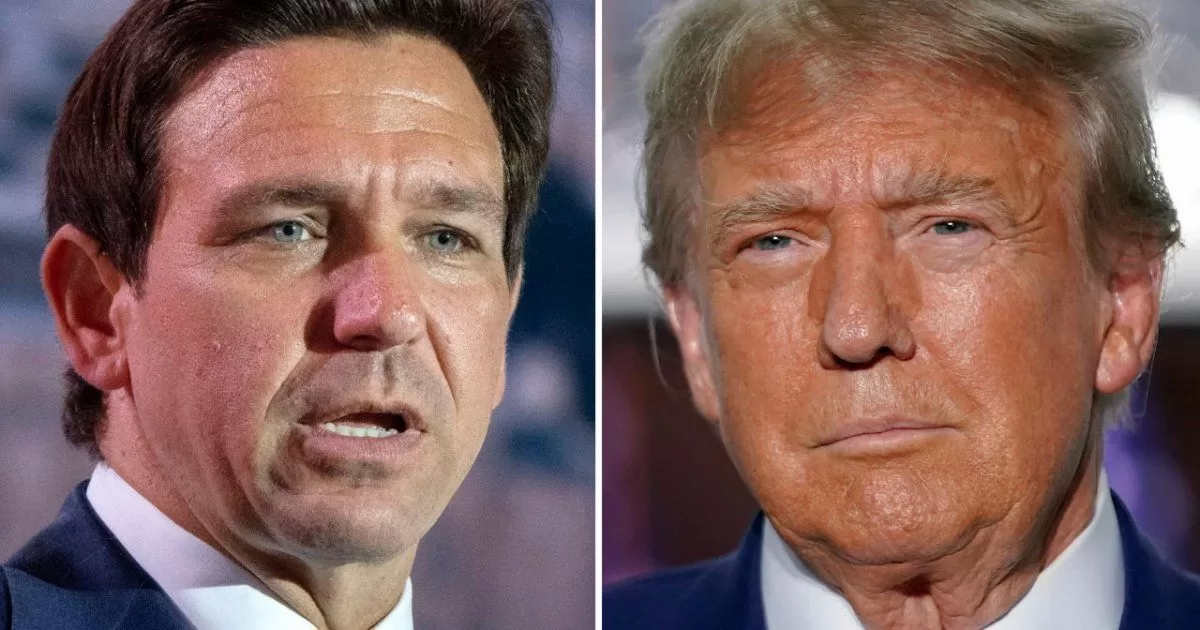El Salvador’s President Nayib Bukele stood before thousands of sports fans with a message: I am not a dictator.
“They say we live in a dictatorship,” Bukele said, but “ask the bus passengers, the people who eat in restaurants, the waiters. Ask whoever you want. Here in El Salvador, you can go anywhere and it is totally safe. … Ask them what they think of El Salvador, what they think of our government, what they think of our supposed dictatorship.”
At the opening ceremonies of the 2023 Central American and Caribbean Games, the comment was greeted with a roar of applause and, in parts of the remodeled stadium, chants of “Reelection!”
The games have offered Bukele, the 41-year-old leader, the chance to showcase a safer El Salvador at the biggest international event since his government came into office. But competition also arises when Bukele is accused of systematic human rights violations for that same repression and when his government takes measures that erode the country’s democracy.
Observers fear that the events, including the games, which attract athletes from 35 countries in the region, will allow Bukele to save face internationally and show voters that he has global support in his quest for re-election. despite a constitutional prohibition for periods of more than five years.
Often referred to as “sports laundering” (the use of sports to divert attention from controversy and enhance reputation amid wrongdoing), the tactic has been employed by autocratic governments around the world for decades. The indictment was recently launched against Saudi Arabia’s Crown Prince Mohammed bin Salman over his investment in golf, the World Cup and other international sporting events.
“These are events that give the government oxygen to distract attention from the enormous problems we have and show the world a face of modernity,” said Eduardo Escobar, executive director of Acción Ciudadana, an independent political watchdog group in El Salvador.
A little over a year ago, Bukele announced that the nation would enter a state of emergency, a move that suspends constitutional rights in an effort to deal with rising gang violence.
Since then, the government has detained 70,000 people, about one in every hundred Salvadorans, jailing them with little access to due process. The government has labeled them as gang members, though only 30% have clear gang ties, according to estimates by human rights group Cristosal.
The moves have been met with an avalanche of international criticism, including from the Biden administration.
Simultaneously, crime in El Salvador has fallen to record lows and Bukele’s approval rating has skyrocketed, holding strong at 90% in June, according to a CID Gallup poll. Bukeleísmo has gained ground from Colombia to Guatemala to the Dominican Republic, as politicians seek to imitate it and capitalize on its popularity.
THEY ASK FOR AUTOGRAPHS
After Bukele’s keynote speech, Sel Ramírez stood outside the stadium with a crowd waiting for the leader to leave, a scene similar to those at Taylor Swift concerts. Yet steps away sit heavily armed soldiers and black armored vehicles with machine guns on top.
“I wonder if he will give me his autograph,” Ramírez reflected, his eyes glued to the door through which the president would later leave.
The emergency regime in El Salvador reached its first anniversary on Monday. Despite the fact that the decree has significantly reduced violence in the country, organizations have denounced human rights violations.
As the crowd waited, Defense Minister René Merino walked out to cheers. “El Salvador is a country at peace,” he told The Associated Press. “We are open to the world.” When asked by the AP about the incarcerated, he replied “no” and walked away.
Before the games, the Bukele government cut 70% of publicly elected positions, reducing the number of seats in Congress and in local governments. Bukele said the cuts would improve efficiency and root out corruption, the same reasons given for dismantling El Salvador’s courts in 2021.
THE ELECTIONS ARE APPROACHING AND THE REPRESSION INCREASES, ACCORDING TO AN ACTIVIST
Unions, human rights groups, opposition politicians, researchers and journalists have said that as the electoral cycle heats up, the Bukele government has intensified intimidation tactics. A government workers’ union says at least 15 organizers have been detained, charged with public disorder and gang ties. About half remain in jail, according to the union.
“The fear we have is that we will be the next to be arrested despite never having broken the law,” said activist and union leader Ingrid Escobar. “And for no other reason than that we are denouncing the government, for being the voice of people who are too afraid to speak.”
Bukele has said he will open a new prison “for the corrupt,” a label he often uses for his opponents. Escobar worries that this could mean her, while he claimed to have received death threats on social media. She now uses different vehicles, takes different routes to get to work. She fears for her children and tries to protect them.
The presidential elections are scheduled for February 4, 2024.




